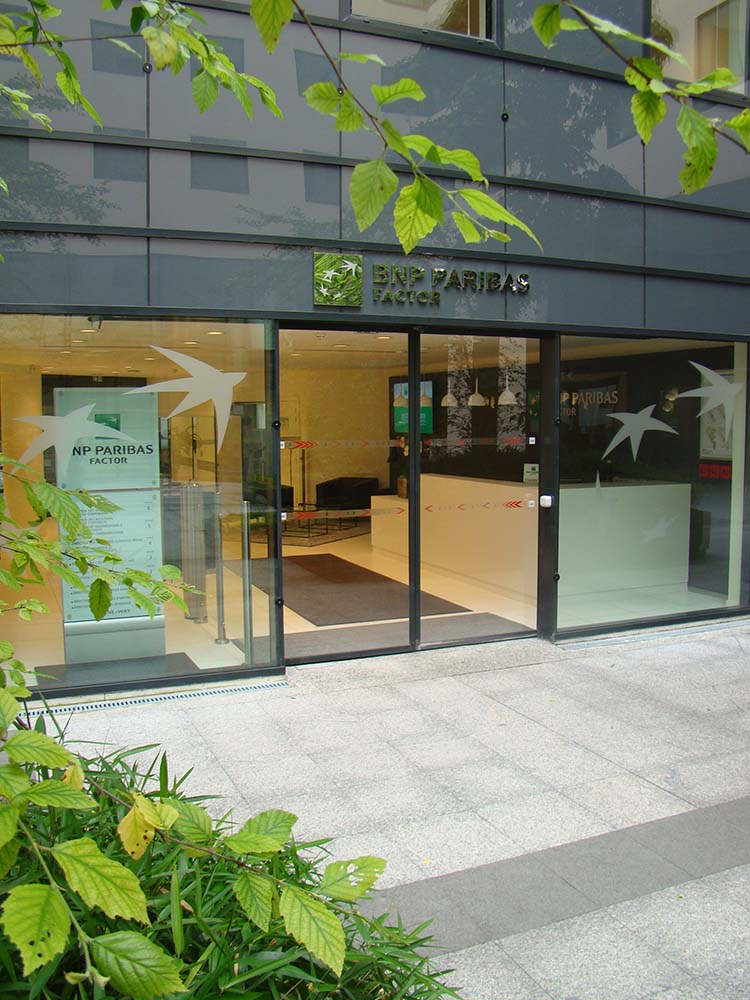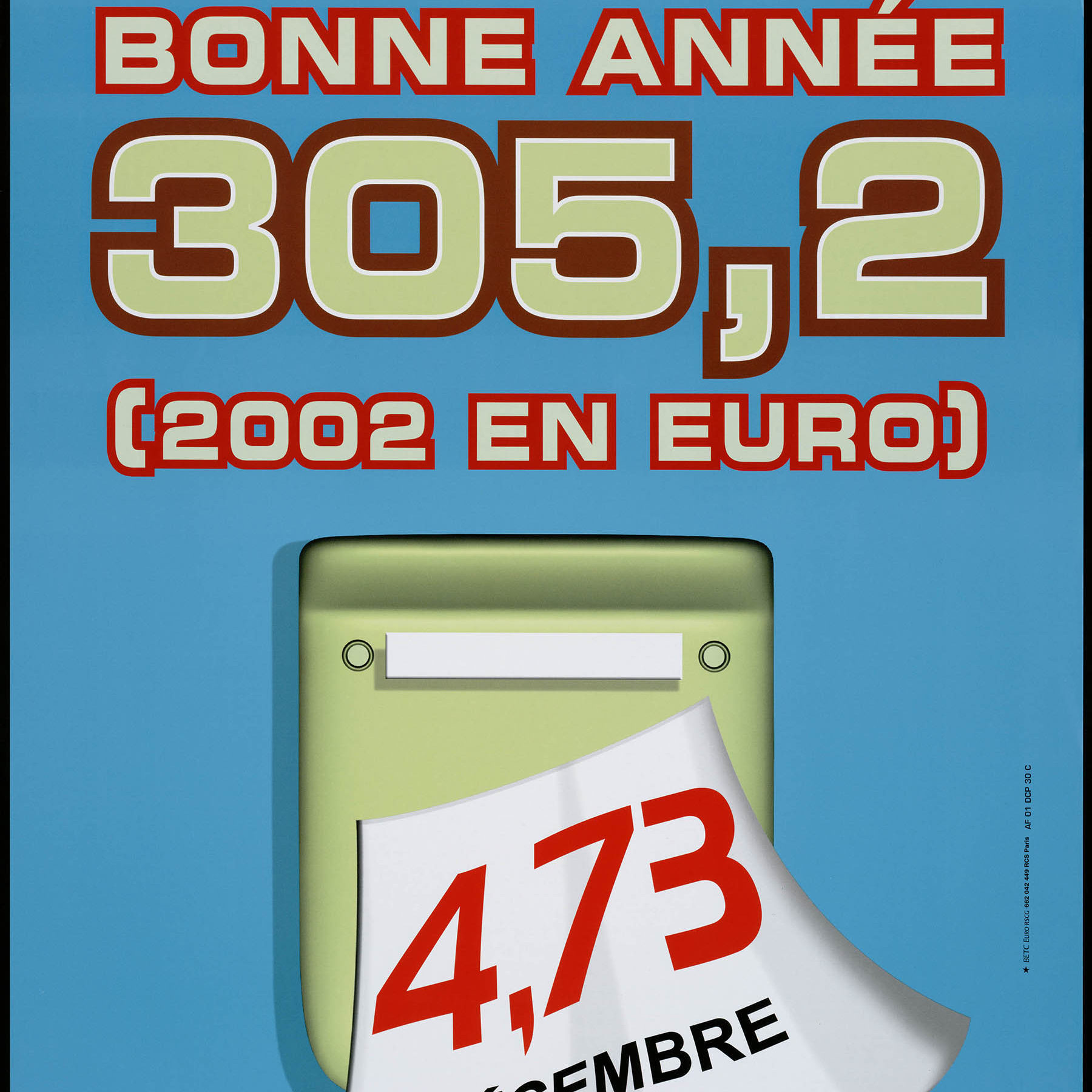Factoring, support for the real economy

The first evidence of factoring is to be found in the fifteenth century in France and in England. But it was not until the 1960s that this technique for recovering debt really developed in France. It has since been widely deployed due to the action of the banks and in particular BNP Paribas, a major player in Europe.
Factoring: A long-standing technique
The word factoring originates in Latin facere, which means “to do”. The factor refers to the person who “does something on behalf of someone”. This activity was first practised in England and in France, in the fifteenth century. Jacques Cœur (1395/1400-1456), a wealthy French merchant and banker traded in the Mediterranean area as far as the Middle East. To develop his business, he relied on an extensive network of factors. Initially, their mission was to sell goods on behalf of producers.
But it was in the United States that this technique truly developed, from the 17th to the 19th centuries, thereby facilitating transatlantic trade with England. At the end of the 19th century, the factor became “factoring” – the suffix signifying the appropriation of the activity by the American factors. The financial aspect was imposed on the depositary role: Factoring refers to the purchase of a company’s debts, which provides it with the cash needed to continue trading. A triangular relationship is established between the factor who buys the credit, the seller (the factor’s customer) and the buyer (the seller’s customer). Although factoring grew in the United States, it often remained limited to financing the textile industry. In the 20th century, the American factors saw the need to develop their activity in Europe. In fact, the creation of the European Community of Coal and Steel (ECSC) in 1951 contributed to an expansion of trade. This market offered a wealth of opportunities and the American factors intended to take their place in it.
The Turning Point of the 1960s
From the 1960s onwards, the factoring players gradually took hold in Europe. At the initiative of the First National Bank of Boston, International Factors Ltd was founded in 1961 in England, its first logical base in Europe. In 1963, the holding company, International Factors AG was set up in Switzerland. Ifitalia, the first Italian factoring company was created in 1963 by the Banca Nazionale del Lavoro (BNL). In France, two pioneering companies entered the market: the Société Française de Factoring (1964) and Factofrance Heller (1966). In Belgium, KEFAM (Kempische Factormaatschappij) was founded in 1965: Renamed Belgo-Factor in 1974, it now is BNP Paribas Fortis Factor.
But the financial technique was still associated with firms in difficulty. This negative connotation inhibited the growth of factoring in France and in Italy, where people remained attached to conventional forms of short-term funding, distributed by the commercial banks.
The change occurred in the 1970s: The major French banks gradually became more interested in it and saw its potential as a product dedicated to businesses. Because besides buying credit, the factoring company manages the customer’s accounts and is responsible for recovering debts. To tap into this new market, the banks created subsidiaries or specialised departments.
A linguistic sign of the activity being honoured, the French term, “affacturage”, meaning factoring, was created by the Decree of 29 November 1973. Accepted into the French language, the process developed throughout the European market. A regulatory framework was gradually set up in France, with the Dailly Act of 1981 which lays down a legal basis for factoring operations and then with the Banking Act of 24 January 1984. This technique finally became a banking activity, officially.
The Growth of Factoring
If factoring has managed to impose itself in Europe, it is by demonstrating its adaptability. The particular services offered tend to be well suited to the needs of businesses. The adoption by the banks of the technique has been a key element of its success. In the 1980s, factoring contracts recorded strong growth. In France, the market was dominated by subsidiaries of the main banking groups, whose involvement grew steadily.

91.9% of factors are now banks whereas independent companies account for just 8.1% of them.
Since 2005, France has been ranked in second place in Europe in the factoring market and third at globally since 2008. Because the financial crisis of 2008 has contributed to the expansion of the factor, now recognised as an active support for businesses. Factoring has found its place.

To go further :
Patrick de Villepin, La success story du factoring, Association pour l’histoire et la promotion du factoring, 2015, Paris








